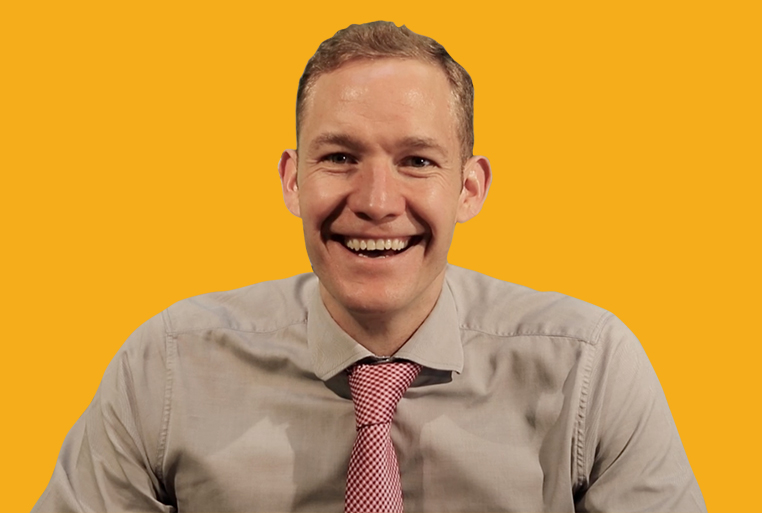COVID-19 on workplace disability claims
Posted on 19 Apr, 21 by BrightRock

Like many industries, life insurance has been affected by COVID-19. However, we will only begin to see the real impact of it in a few years, given that we are more focused on the long term. We cannot yet tell what the future will reveal about life insurance and COVID-19, five, 10 or 20 years down the line.
This has spurred our industry to rethink many aspects of our business, as we muse over how potential changes will affect our clients, and how we can ensure that they are best protected.
The new way of working
One of these unknowns is workplace disabilities, which are a key element of any well-structured life insurance policy.
The primary reason for this, of course, is that Working From Home (WFH) has now become more entrenched as a viable option for companies. COVID-19 accelerated South Africa’s adoption of this remote workplace, as in many countries around the world.
Business owners have now realised that presenteeism does not equal productivity, and managers and employees alike have seen many benefits from this new way of working.
Remote working also comes with its downsides, however, and mental wellbeing is something that has been negatively impacted by the pandemic. Feelings of isolation resulting from not having enough face-to-face human interaction have led to increased episodes of depression, and this may be likely to increase workplace disability claims now, and in the future, if WFH becomes a staple for some companies. While some may thrive in a flexible working world, others may find it alienating and be unable to physically work, because of the extent of their depression.
A few elements to consider
On the other hand, those who are prone to mental health problems caused by being at the office (think workplace bullying), may well find that being away from a stressful office environment, and perhaps even from toxic individuals at their workplace, helps them to thrive in a working from home situation. So, this could mean that some people who may have usually claimed for workplace disability, based on mental health issues, would not be as likely to claim in a world where a remote workplace is a norm, or at least be rehabilitated far more quickly where the actual source of the stress
may, in the past, have been what prevented them going back.
When it comes to physical disability, there are also a few elements we should consider, such as the duration of a disability claim. For example, in a pre-COVID-19 era, a musculoskeletal injury such as a serious back injury, might have meant that an employee was unable to work for six months, as, among other things, there were too many physical barriers to going to work and within the workplace itself.
However, in a scenario where an employee can work from home, he or she may only need four months to recover, as little physical exertion and workplace accommodation is needed. This is good news for companies, as they will be able to better retain human capital, as well as employees who can become productive members of society again far more quickly.
The effects will be interesting
As I intimated in my introduction, it will take a few years for us to see any kind of trend in terms of what kind of impact COVID-19 and its cousin, remote working, will have on workplace disabilities.
What I can say, though, is that it is a rare time in the industry when such a life-changing event is experienced across the globe. The effects will be interesting, whatever the results many show, and may likely even result in a redefinition of the category of workplace disability.
One thing will remain constant, though, and that is the commitment the industry has to navigate, to help clients through these changes.
This article first appeared on page 82 of the FANews Magazine published in April 2021 and is attributed to Clyde Parson, BrightRock Actuarial Executive
Sign me up
Speak to your adviser, or sign up to have one contact you
Fill in your details, and we’ll have an accredited financial adviser contact you.
Want us to get in touch?
Fill in your details, and we’ll call you.
Want to report suspicious online activity?
We live in a digital world where information and data can be shared across the globe in a matter of minutes. With cybercrime on the rise, we want to help ensure you’ve got the tools to keep yourself safe and informed.
Call our 24-hour helpline on 086000 6335, manned by ODEK Technologies, if you’ve received a suspicious email, text message or email involving BrightRock. You can also email us at helpdesk@odek.co.za with the details of any suspicious online activity that you’ve come across. Please be sure to include your contact details in the email. We’ll then contact you, investigate and keep you updated on what we find. ODEK Technologies is BrightRock’s ICT partner.
Learn more about how you can stay safe online.